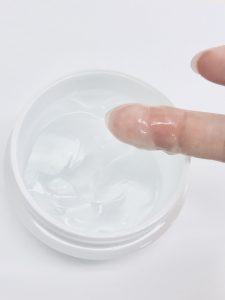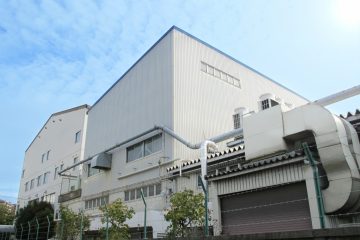It is convenient to use OEM makers to start up a cosmetics business in Japan. OEM makers are a consignee to manufacture such products with your own brand; you may be able to sell cosmetics even when you do not have knowhows / licenses around selling them.
It will be important which OEM makers you will consign to in that, without saying, upon which even the success of your business may depend. This document will explain points you will have to pay attention to in choosing such OEM makers for yourself.
What will cosmetics OEM makers be in charge of?
 Most of OEM makers have accumulated various sorts of information / knowledge based on their experience of having engaged in transactions with many a consigner, which will support you in various aspects based on such past records of having manufactured many of branded cosmetics.
Most of OEM makers have accumulated various sorts of information / knowledge based on their experience of having engaged in transactions with many a consigner, which will support you in various aspects based on such past records of having manufactured many of branded cosmetics.
While main roles of OEM makers are to manufacture products their consigners want and deliver to them, such makers play other roles for you, too.
Roles of cosmetics OEM makers 1: manufacturing / proposing of samples
 They will come hear your hopes on / product concepts for your new cosmetics business and manufacture the actual samples to see what kind of products yours would be / look like. Through such samples, you will be able to decide on usability, flavor, or color of your products as well as how they look. Some makers create samples better than you have expected / your own concepts, based on their original researches, etc.
They will come hear your hopes on / product concepts for your new cosmetics business and manufacture the actual samples to see what kind of products yours would be / look like. Through such samples, you will be able to decide on usability, flavor, or color of your products as well as how they look. Some makers create samples better than you have expected / your own concepts, based on their original researches, etc.
Roles of cosmetics OEM makers 2: determining of ingredients to mix based on their knowledge
 Cosmetics OEM makers will think about what ingredients will be needed to realize your concepts for you; they will decide on effective ingredients centered around your concepts to attract customers.
Cosmetics OEM makers will think about what ingredients will be needed to realize your concepts for you; they will decide on effective ingredients centered around your concepts to attract customers.
As they have ample information on materials / ingredients for their experience / records to have manufactured many a product, they can think about what are needed to turn such concepts (just images) into actual products as a specialist.
Roles of cosmetics OEM makers 3: determining of ingredients to mix based on their knowledge
They will also make proposals on bottles / packages (how they look), not just contents, based on their ample experience. They will choose appropriate bottles / packages according to contents / ingredients. Some will even design brand logos, etc., appropriate to recent trends.
Roles of cosmetics OEM makers 4: making necessary applications on your behalf
It is necessary to obtain approvals of the authority (based on “Pharmaceutical Affairs Act”) to manufacture / sell cosmetics, which OEM makers will do on behalf of you.
What are important points in choosing OEM makers?
This document will further explain points to look at in choosing OEM makers, with such roles of theirs in mind.
Important points in choosing OEM makers 1: lot
 Due to the difference in the minimum amount / number of orders depending on their facilities (capacity), “lot” is a very important point in choosing them. While it is possible to manufacture at a lower cost with a higher lot, it may risk causing an excess inventory (not sold). Some are good at low / middle-sized lot at a lower risk. Many of OEM makers in Japan these days are shifting to lower lot.
Due to the difference in the minimum amount / number of orders depending on their facilities (capacity), “lot” is a very important point in choosing them. While it is possible to manufacture at a lower cost with a higher lot, it may risk causing an excess inventory (not sold). Some are good at low / middle-sized lot at a lower risk. Many of OEM makers in Japan these days are shifting to lower lot.
There is a notion of “appropriate lot” depending on cosmetics for the stability of their quality, where ones that propose such information with clear reasons are recommended.
Important points in choosing OEM makers 2: manufacturable product
Some OEM maker have products they are good at and ones they are not, as cosmetics include a lot of kinds from basic ones to spray-type ones, where it is important to choose OEM makers fitted to your concept most. Also pay attention to whether they are active in R&D around new ingredients / prescriptions, which may enable manufacturing of cosmetics with much higher values-added.
Important points in choosing OEM makers 3: whether one possesses its own factory
Some cosmetics OEM makers do not have their own factories with them but ask other aligned factories to manufacture. Their advantage is that they are intent on / specialized in researching of materials; their disadvantage is that it is hard to control manufacturing processes. In addition, it is safer in transportation quality controls if one has its own factories (for less need to transport).
Conclusion
This document has explained roles OEM makers play and points on how to choose them.
Nowadays Japanese cosmetics are getting more reputed internationally, which tends to increase the amount / numbers of cosmetics manufactured and number of OEM makers. Choose the OEM makers most appropriate for your concepts with points mentioned above in mind.


